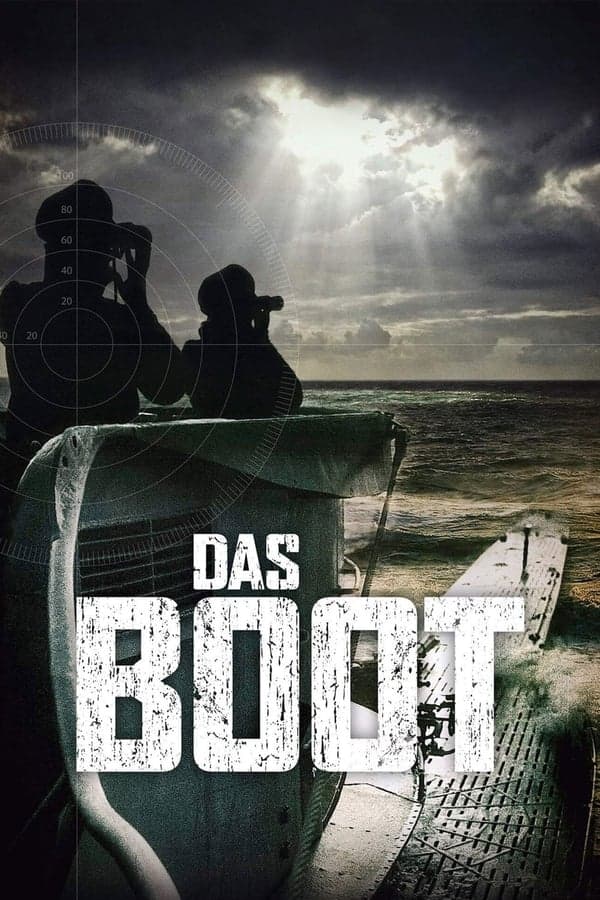
Das Boot
2018 • Drama, War & Politics • TV-MA
An inexperienced U-boat crew has to survive a secret mission and a young German woman is torn between loyalty for her home country and the French resistance in the WWII drama.
Why you should read the novel
Lothar-Günther Buchheim’s novel Das Boot plunges readers into an unvarnished and claustrophobic account of life aboard a German U-boat during World War II. Unlike the TV series’ dramatized plotlines, the novel is steeped in gritty realism drawn from the author’s own wartime experiences as a war correspondent. Every page immerses you in the intense human emotions, escalating tensions, and moral ambiguities faced by the crew, untangling the complexities of loyalty and survival beneath the ocean’s surface.
Choosing to read the novel rather than watch the television adaptation offers a more intimate connection to the crew’s psyche. Buchheim’s incisive prose gives flesh to each character’s internal struggles, painting portraits of anxiety, fear, and fleeting hope, which often get diluted or reinterpreted in visual storytelling. The book’s unfiltered narrative prompts reflection on the nature of war and its effects on those who fight in it, urging readers to contemplate inner lives that images alone cannot fully convey.
Moreover, the novel’s original historical context and literary merit serve as a powerful testament to the true horror and futility of war. Readers can appreciate the meticulous descriptions, ethical quandaries, and philosophical ponderings that are often simplified or sidestepped in adaptations, making Buchheim’s work not just a war story, but an enduring, thought-provoking piece of literature. For those seeking a deeper, richer understanding, the source material is unmatched.
Adaptation differences
One of the main differences between the TV adaptation and Buchheim’s novel is the storytelling scope. The book focuses almost entirely on the experience within a single U-boat and its crew during a specific patrol in 1941, unfolding with claustrophobic intensity. In contrast, the series broadens its narrative to include resistance fighters, complex espionage subplots, and multiple perspectives—some of which are entirely invented for television.
The portrayals of key characters also differ significantly. In the novel, characters remain largely unnamed or identified by rank, emphasizing the collective experience over individual heroism and deliberately avoiding mythologizing them. The TV series, on the other hand, introduces detailed backstories, romances, and dramatic confrontations, which sometimes diverge from the understated, almost documentary style of Buchheim’s prose.
Atmosphere and pacing represent further points of departure. Buchheim’s writing is slow, tense, and introspective, dwelling on technical details and the psychological wear and tear suffered by the crew. The television adaptation, in order to sustain audience engagement over multiple episodes and seasons, injects more action, plot twists, and interpersonal drama, at times at the cost of historical and experiential authenticity.
Finally, the series extends the storyline beyond the events covered in the original book, exploring themes such as women’s roles in the war and international intrigue that are not present in Buchheim’s novel. This expansion, though compelling for some viewers, shifts focus away from the existential and humanistic core that defines the literary work. The adaptation transforms the tight, U-boat-bound narrative into a larger World War II tapestry, fundamentally altering the story’s emotional resonance and thematic depth.
Das Boot inspired from
Das Boot
by Lothar-Günther Buchheim








